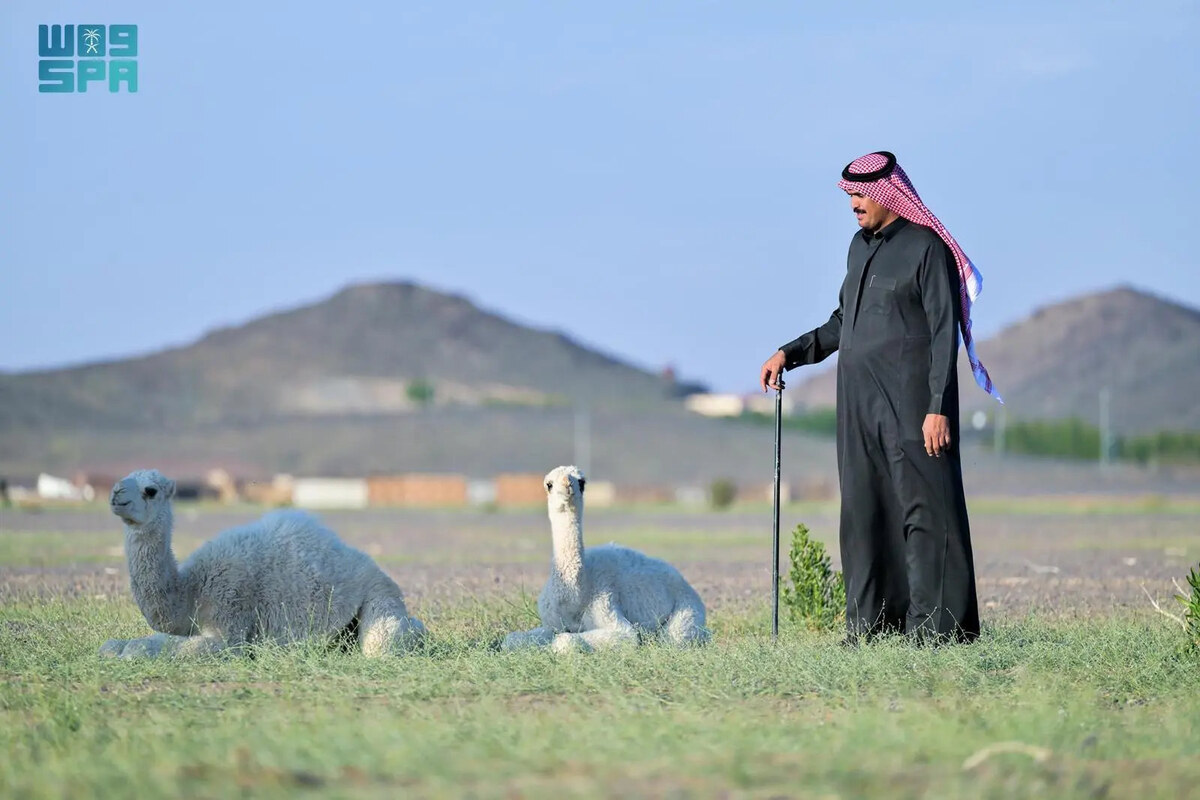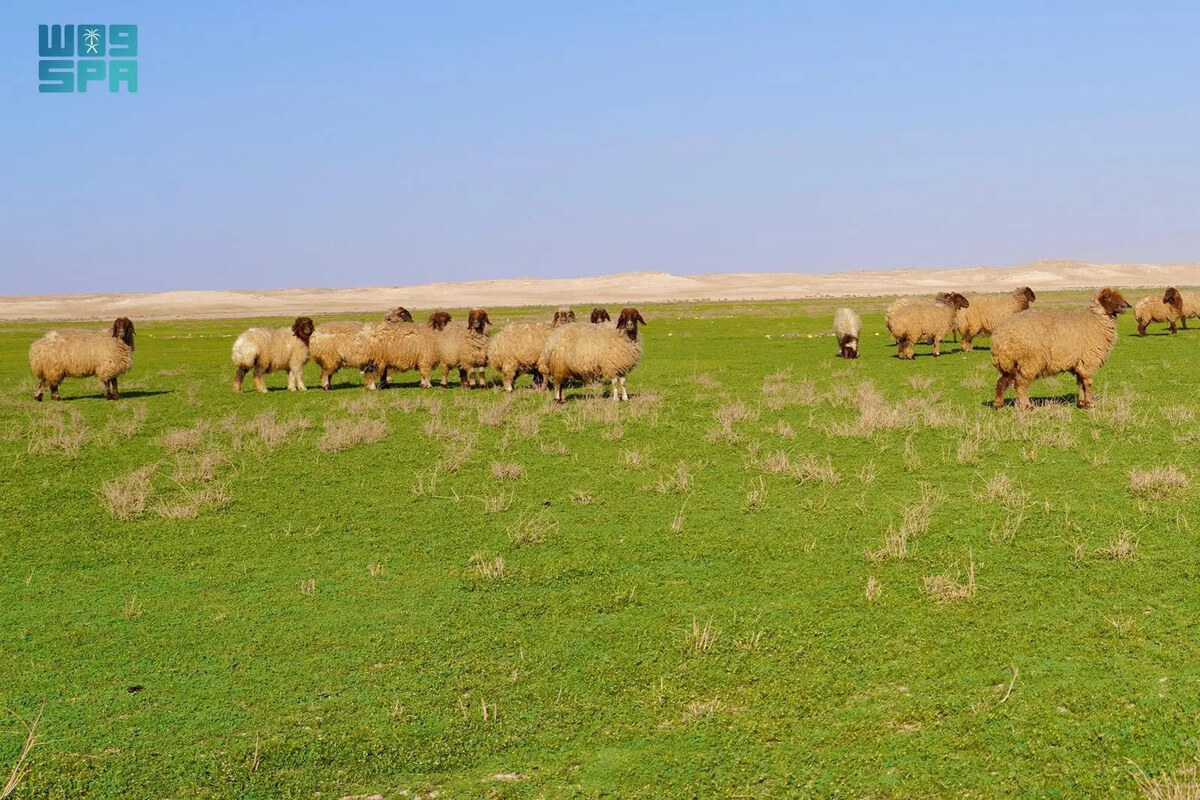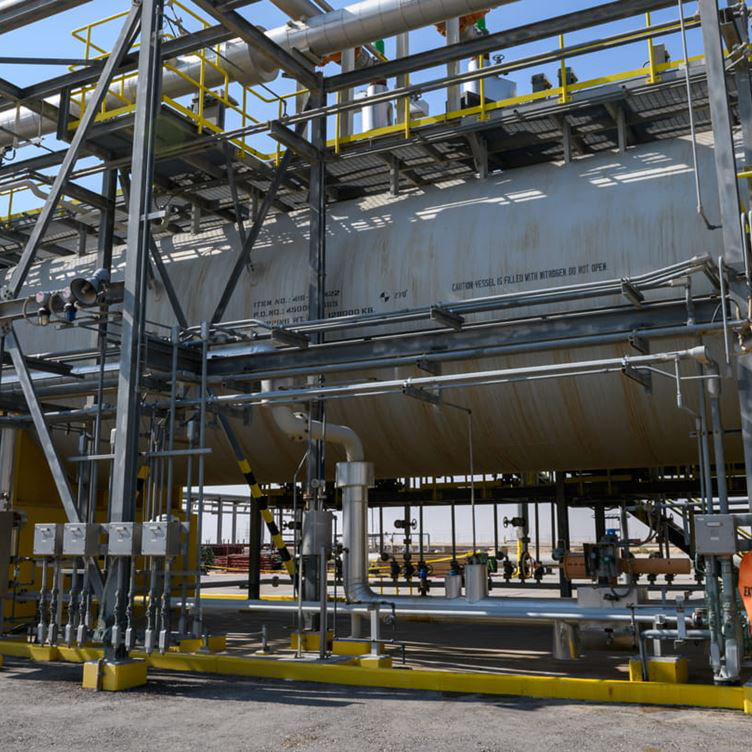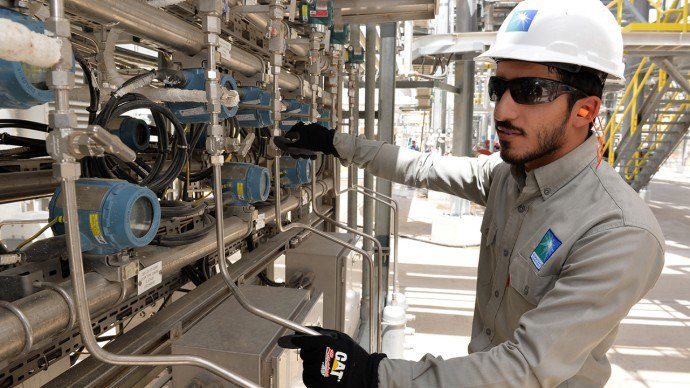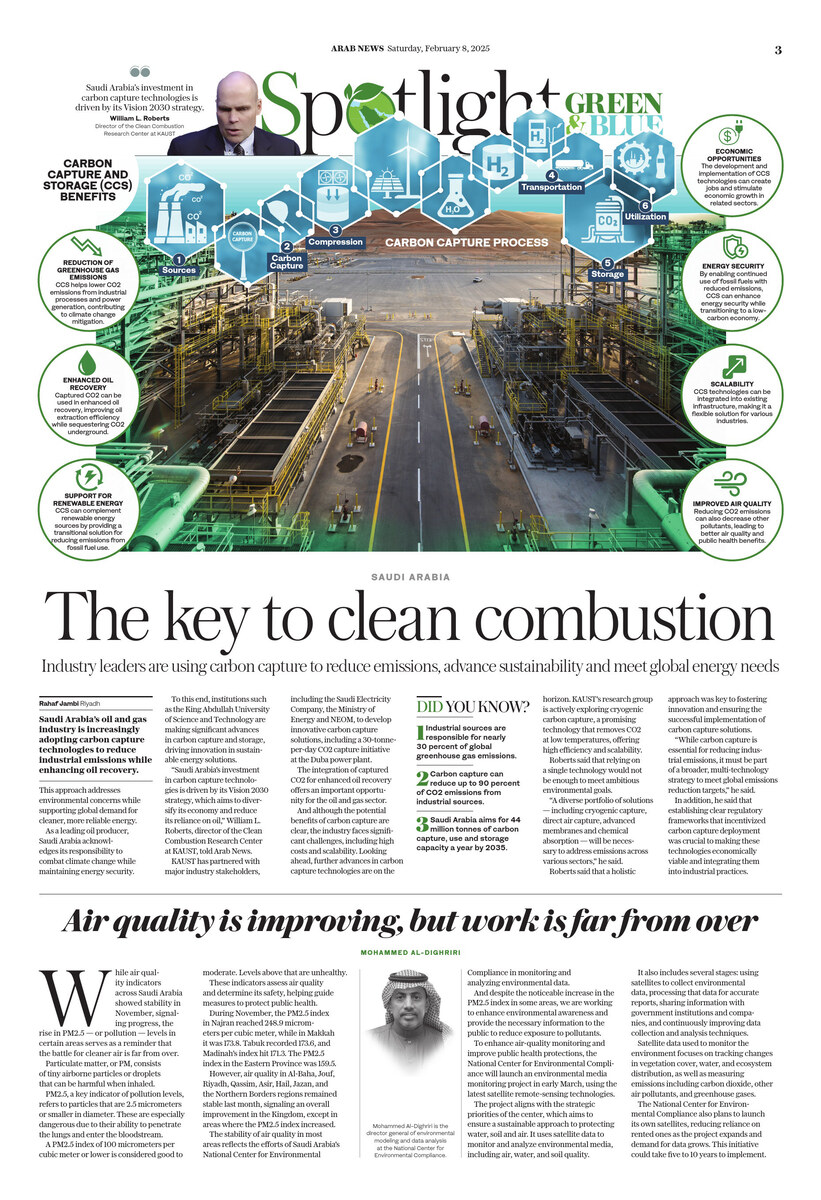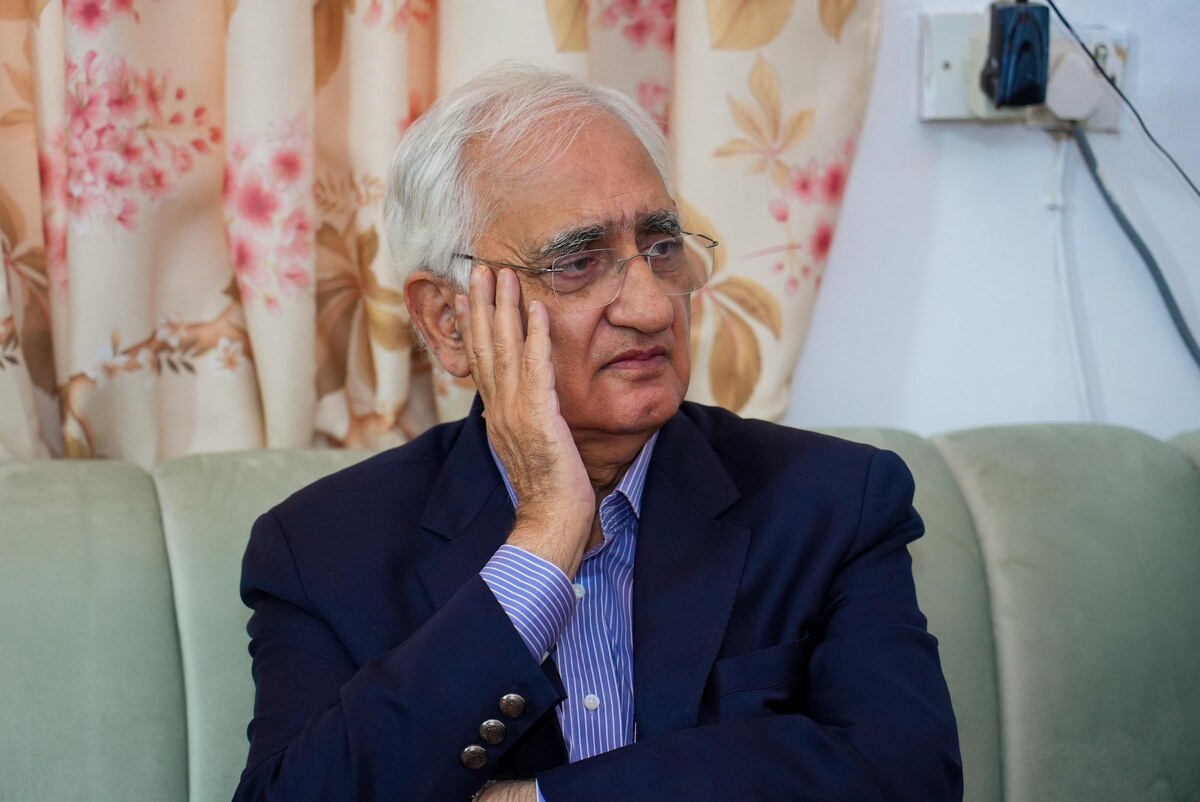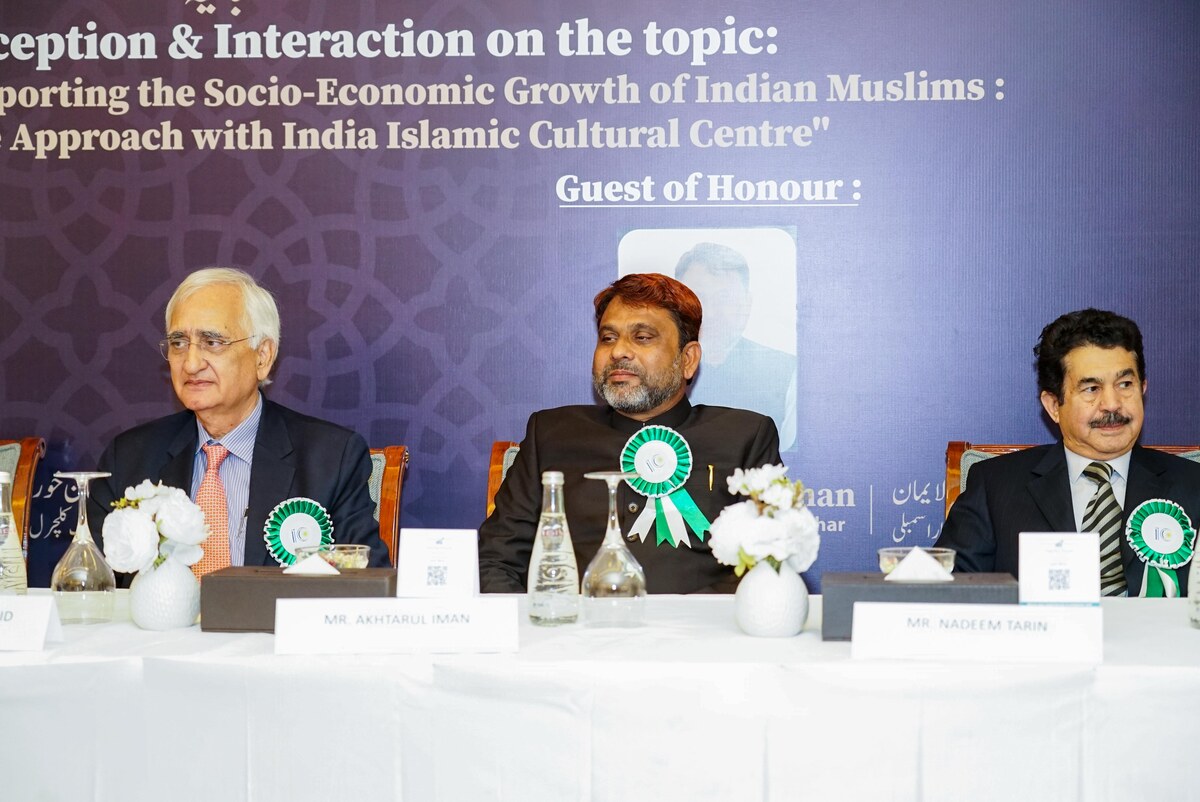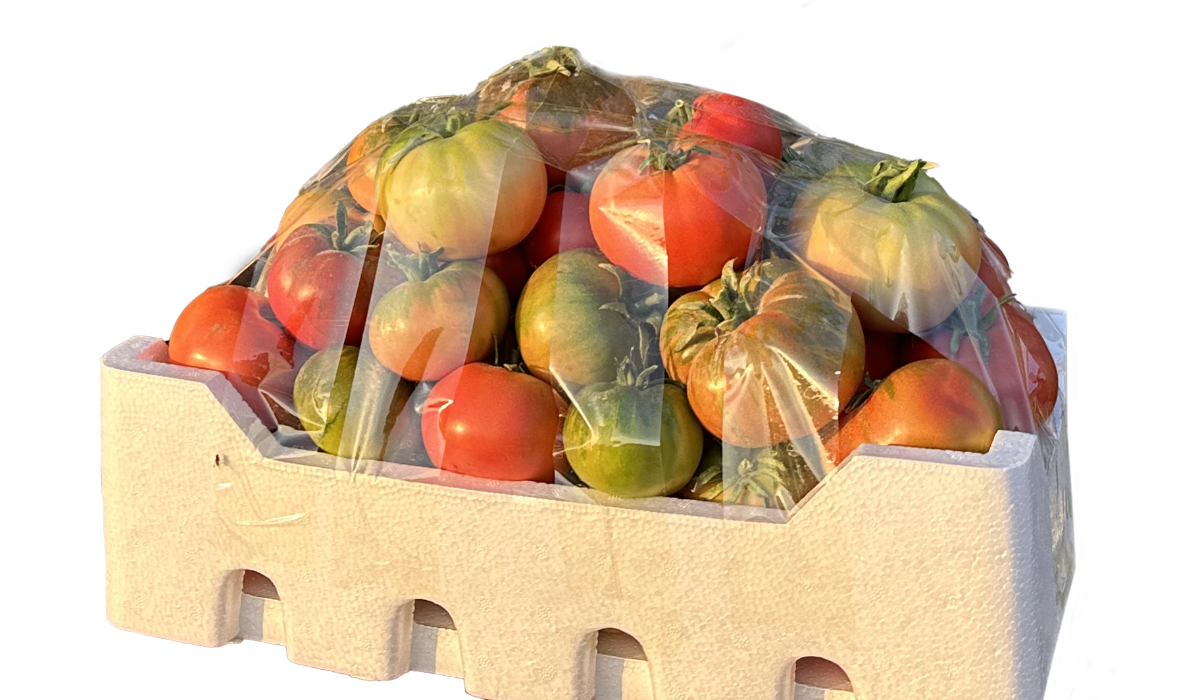JEDDAH: During Ramadan there is a tradition of families gathering around after iftar for a leisurely break to watch shows together.
This year’s lineup of TV shows promises enticing plots and twists in all genres, drama, slice of life, sci-fi, thriller, crime, historical, and more, starring A-list actors from around the Arab world.
‘Al-Atawla’
Nassar and Khidr are two brothers running a criminal organization that their father passed on to them before his death. A girl named Henna appears in Nassar’s life, making him seek change and aspire to leave the criminal life behind. But as deeply involved as he is in this dark side of life, as hard as it is to cut ties with it.
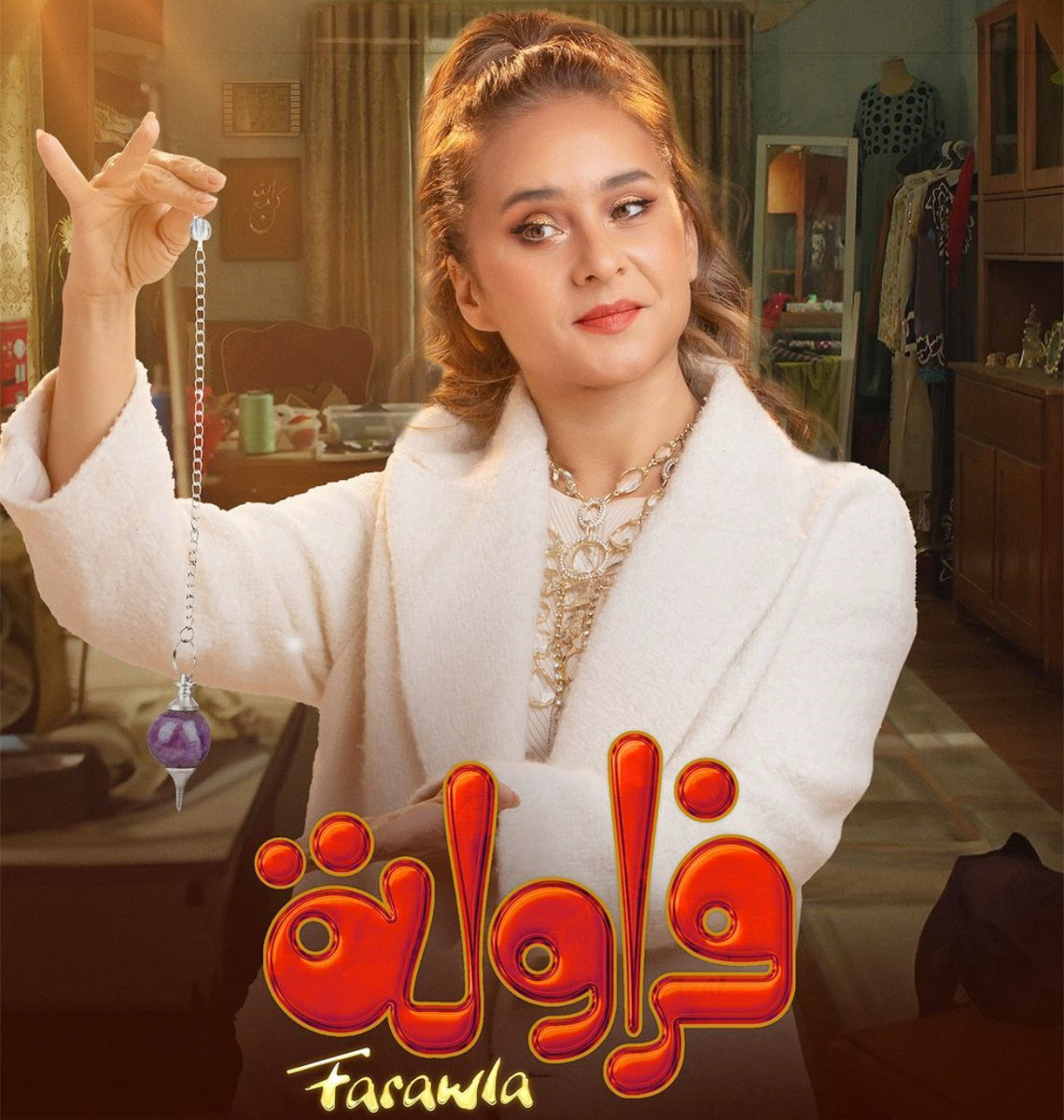
This year’s lineup of TV shows promises enticing plots and twists in all genres, drama, slice of life, sci-fi, thriller, crime, historical, and more, starring A-list actors from around the Arab world. (Supplied)
Starring Ahmed El-Sakka, Tarek Lotfy, Zeina, Bassem Samra, Mai Kassab, Salah Abdallah, and others, the series airs on MBC, MBC1, MBC Masr, MBC5.
‘Selat Rahem’
Anesthetist Dr. Husam was living a normal life until one day his wife got into a disastrous accident. This unfortunate event becomes the turning point for the doctor as he finds himself tangled in the dark underbelly of the illegal practice of surrogacy in pursuit of fulfilling their dream to have a baby.
The series stars Eyad Nassar, Asmaa Abulyazeid, Yosra El-Lozy, Safaa Galal, Mohamed Gomaa, and others. It airs on MBC Masr and the Shahid streaming platform.
‘Highest Viewing Rate’
Amina, a young simple girl living a simple life with her family in a low-class neighborhood has her life turned upside-down after her sister shared a video of her on social media that made her go viral. The girl ventures into this new world and discovers the dangerous impact a simple word from an influencer can have on others through social media platforms.
Starring Salma Abu-Deif, Layla Ahmed Zaher, Entesar, Ahmed Faheem, and others, the series will be aired on MBC Masr and the Shahid streaming platform.
‘Ghalia Al-Bogammiah’
Ghalia Al-Bogami was a Saudi woman whose courage and bravery on the battlefield forced the Ottoman Empire’s army to retreat from the lands of the first Saudi Kingdom after they lost to the Arab forces. The warrior was then given the title “amira,” meaning “princess.”
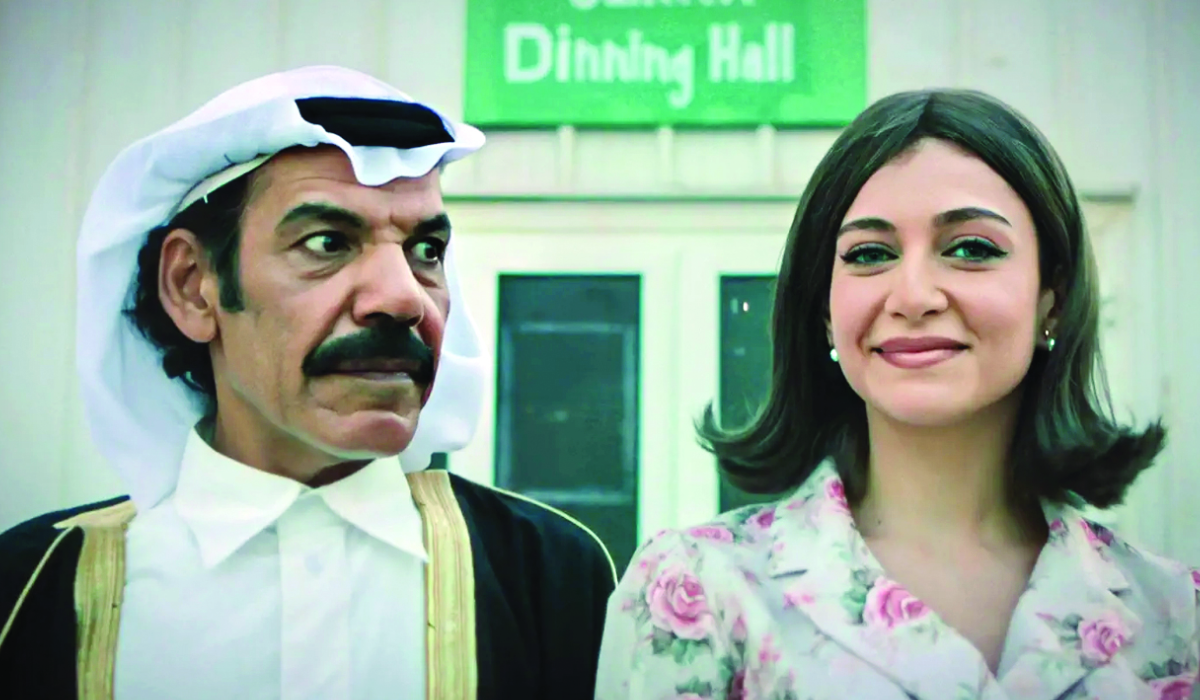
This year’s lineup of TV shows promises enticing plots and twists in all genres, drama, slice of life, sci-fi, thriller, crime, historical, and more, starring A-list actors from around the Arab world. (Supplied)
This historical drama stars Elham Ali, Abdulmohsen Al-Nemr, Salloum Haddad, Rashid Assaf, and more. It airs on SBC.
‘Qalam Rasas’
A family escapes the destruction caused by the Iraqi invasion of Kuwait, but the daughter gets lost in the process and is found by a woman who decides to take her under her wing and raise her as her own child. Years later, the girl decides to look for her biological family and succeeds in her mission. The only thing left is reconnecting and adapting with her long-lost relatives.
The series stars Ibrahim Al-Harbi, Sanaa Bakr Younis, Abeer Ahmed, Shaila Sabut, and others. It will be aired on Rotana Khalejia.
‘Khoyout Al-Ma’azeeb’
Farhan is a young boy forced to work for the stone-hearted Abu Issa, until one day, life gives him the chance to stand up to himself and to confront the oppression and injustice he faces, leave everything, and run far away.
Starring Abdulmohsen Al-Nemr, Ibrahim Al-Hasawi, Reem Arhama, Faisal Al-Dokhei, and more, the show streams on Shahid.
‘Al-Hashshashin’
Taking place in the 11th century, a group of assassins called Al-Hashashen are following the orders of their leader, Hassan Alssabah, to execute the bloody killings of big figures ruling the cities of the period.
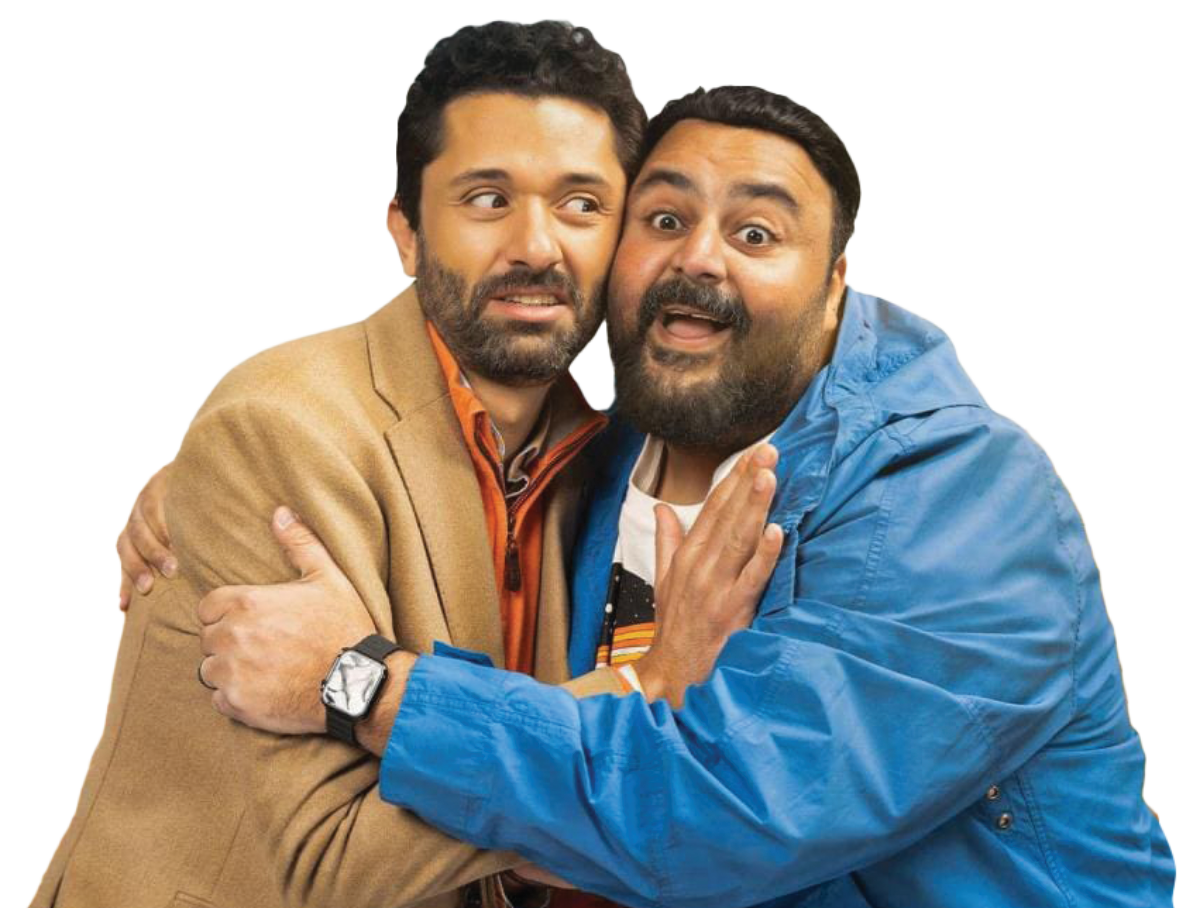
This year’s lineup of TV shows promises enticing plots and twists in all genres, drama, slice of life, sci-fi, thriller, crime, historical, and more, starring A-list actors from around the Arab world. (Supplied)
This historical drama stars Karim Abdel Aziz, Fathy Abdel Wahab, Nicolas Mouawad, Myrna Nour El Din, and others, and it airs on DMC.
‘Emberatoreyet Meem’
Based on a novel by Egyptian author Ihsan Abdel Quddous, “Emberatoreyet Meem,” is a remake of the first movie adaptation with the same name. The series sticks to the original story and reveals more details that were removed from the film. It tells the story of a widower trying to take care of his children who rebelled against him and deal with the modern-day issues they are going through.
The new adaptation will star Khaled El-Nabawy, Hala Shiha, Nour Nabawy, Mahmoud Hafez, Nashwa Mustafa, Mayan El-Sayed, and more. It streams on Shahid.
‘Noqta Entaha’
Faris Yaqoub, a small neighborhood pharmacist struggling with Parkinson’s disease struggles to hide his first crime, which he committed by mistake against his wife's teenage brother. On the other hand, his wife seeks to uncover the truth about the murder of her only brother.
The crime series stars Abed Fahd, Nada Abu Farhat, Adel Karam, Fouad Ghazi, Anas Tayara, Khaled El-Sayed, and others, and airs on MTV.
‘Farawla’
Fortune Teller Farawla, the daughter of a security guard, tries to get herself and her family out of poverty by becoming a social media celebrity. Going through many comic events and struggles, things turn out in her favor, fortunately, and she becomes the leading expert in the field of energy.
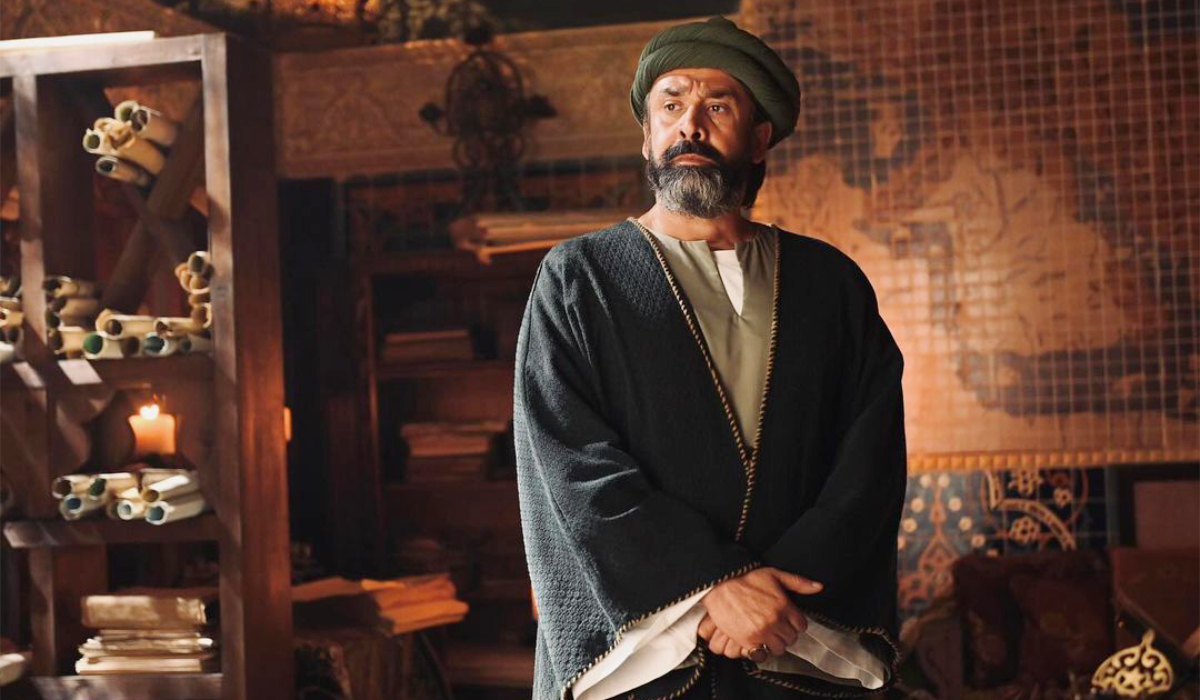
This year’s lineup of TV shows promises enticing plots and twists in all genres, drama, slice of life, sci-fi, thriller, crime, historical, and more, starring A-list actors from around the Arab world. (Supplied)
The series stars Nelly Karim, Shaimaa Saif, Ahmed Faheem, Ola Rushdy, and others. It airs on DMC and other streaming platforms.
‘Baba Ja’
Hisham finds himself at a crossroads after being laid off from his job in a hotel, due to the COVID-19 pandemic. However, he must find work and take care of his family under difficult circumstances. A new life unfolds as he faces the responsibility of taking care of his children at home while encountering many paradoxes and surprises along the way to finding a new job.
The comedy-drama stars Akram Hosny, Mahmoud El-Bezzawy, Nesrine Amin, Sama Ibrahim, Mohamed Otaka, and others. It streams on Shahid.
‘Bedon Sabeq Inthar’
Two parents face the worst fear of their lives when they find out that their son is suffering from late stage cancer with no hope of survival. The parents explore possible ways to save their son while going through the helplessness, sorrow, and heartbreak of losing a child.
Starring Asser Yassin, Aicha Ben Ahmed, Nihal Anbar, and others, the series airs on DMC and other streaming platforms.
‘Sodfa’
A history teacher named Sodfa experiences a coincidence that makes her life take an unexpected turn of events. She becomes involved in a relationship with Fouad Mohran, the owner of a hair salon, that pushes her to tell him a secret she has been keeping for a very long time. This makes Mohran determined to uncover the truth behind the information he now has.
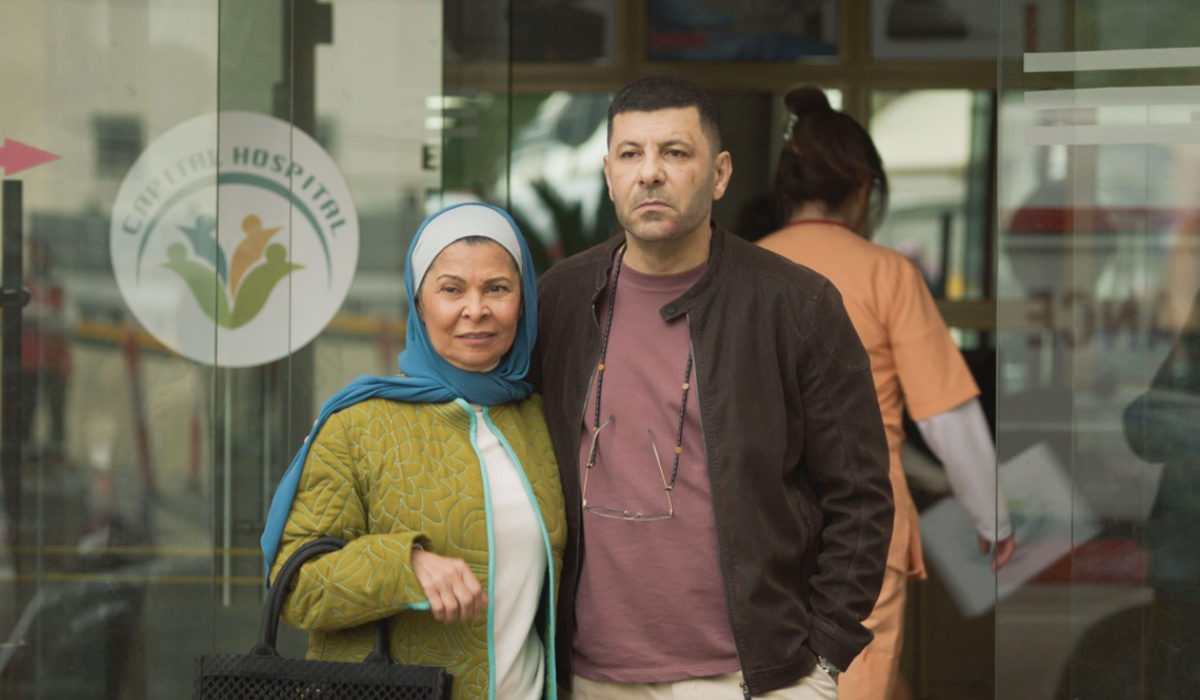
This year’s lineup of TV shows promises enticing plots and twists in all genres, drama, slice of life, sci-fi, thriller, crime, historical, and more, starring A-list actors from around the Arab world. (Supplied)
The show stars Riham Haggag, Khaled El-Sawi, Essam Elsaka, Salwa Khattab, and others. It airs on CBC and DMC.
‘Atabat Al-Bahja’
The 70-year-old widower Bahgat Alansari is the sole carer for his grandchildren as his son and daughter-in-law are busy making a living. The grandfather of two, Hala and Omar, goes through unexpected conflicts with his grandchildren and meets new people every day.
This comedy series stars Yahia El-Fakhrany, Jomana Morad, Salah Abdallah, Sama Ibrahim, and more. It airs on DMC.
‘Cobra’
Fresh out of prison with a new mindset and goal to live a clean life, Ali Saleh Alma’adawi, known as Cobra, meets his previous mentor Shaykhon, who frames him for a murder and disappears. Cobra then loses his mother and sister and begins to move between cities with a bunch of friends to hide from the law until he provides evidence to prove his innocence.
Starring Mohamed Imam, Ahmed Fathy, Magdy Kamel, Mahmoud Abdul Moghni, Menna Fadali, Mohamed Tharwat, and more, the series airs on MBC Masr and the Shahid streaming platform.
‘Khaled Noor and His Son Noor Khaled’
Noor is a sound engineer whose father Khaled and mother Ghada died in a nuclear explosion when he was a child. One day, when Noor was taking his son to kindergarten, he shockingly meets his father from the past taking the child Noor to kindergarten as well. As they cannot believe their eyes, the father and son embark on a journey to find the reason behind this phenomenon.
Starring Chico, Karim Mahmoud Abdel Aziz, Aya Samaha, Donia Maher, Sharif Ramzy, and others, the show will be aired on MBC Masr and the Shahid streaming platform.
‘Ashghal Shaqa’
A family of four — a husband who works as a doctor, a wife who works as a TV presenter, and their twins — face endless crises with nannies and housekeepers that affect the working parents’ flow of life.
This comedy series starring Hesham Maged, Asmaa Galal, Salwa Mohamed Ali, Moustafa Ghareeb, Mohamed Abdel Azim, and more, airs on MBC Masr and the Shahid streaming platform.
‘Nema El-Avoccato’
From the heart of one of Cairo’s old neighborhoods, lawyer Nema rolls her sleeves up to go on a mission to defend wronged prisoners and help those who are looking for a shoulder to lean on, all while protecting herself from her oppressive and irresponsible husband.
Starring Mai Omar, Ahmed Zaher, Arwa, Kamal Abu Raya, Emad Zeyadah, and others, the series airs on MBC Masr and the Shahid streaming platform.
‘Kamel El-Addad +1’
After Ahmed and Salma’s love blossomed with marriage in the first season, the relationship and communication between the couple’s children starts shaking as they face issues and troubles that bring them together at times and pushes them apart at other times.
This comedy show stars Dina Al-Sherbiny, Sherif Salama, Essad Youniss, Olfat Imam, Aya Samaha, and others, and airs on the Shahid streaming platform.
‘Sayed Al-Aqarib’
Ayda is a middle-aged woman living a miserable life that gets even worse after her brother dies. She tries to find the culprit while facing and resolving the conflicts between her family and another family in the new hell she is living in.
The show stars Ghada Abdel Razek, Ryadh El-Khouly, Mohamed Alaa, Simone, Mahemmed Aly Rizk, and others. It airs on Shahid.
‘Masar Egbari’
Two friends, Hassan and Hussein, discover a secret that turns their lives upside-down. They embark on a journey to unravel the truth behind this secret, which gets more mysterious with each revelation.
This thriller series stars Ahmed Dash, Essam Omar, Basma, Sabreen, Roshdy El-Shamy, Mai Elgheity, Nour Ehab, and others. It airs on Shahid.












